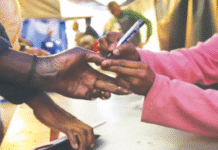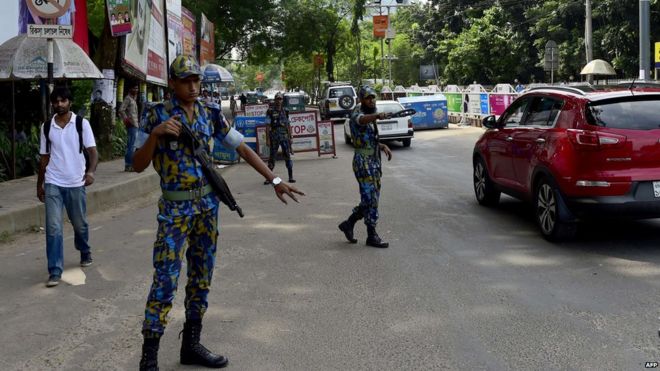
A series of deadly attacks in Bangladesh has alarmed the international community – and there is little clarity on who carried out the attacks. BBC Bengali’s Akbar Hossain examines the key questions behind the killings.
The shooting dead of two foreigners in recent weeks has raised new security questions in Bangladesh.
Could Islamic State militants have carried out the attacks?
The attacks on Italian aid worker Cesare Tavella and Japanese farmer Kunio Hoshi were similar in style and militant group Islamic State has reportedly said they carried out both attacks.
However, the government quickly denied the presence of IS on its soil.
Security sources believe Islamist extremist groups are behind the killings – but are sceptical about claims that IS is operating in Bangladesh.
Former Army Brigadier General Shakhawat Hossain, now a security analyst, says: “Every underground [Islamist] outfit has some sort of interconnection because they share the same ideology.”
“But I’m not sure whether Islamic State has any link to the foreigner murders.”
Who else has been blamed for the attacks on foreigners?
Prime Minister Sheikh Hasina, who heads the Awami League party, has blamed the opposition Bangladesh Nationalist Party (BNP) for the murders of the two foreigners.
The BNP has denied the accusations, and says the prime minister’s statement will hamper an independent investigation.
The police are under international pressure to find the killers.
However, analysts say political instability is fuelling militant groups – and could affect the investigation.
Is there a link to other attacks?
Four secular bloggers have been hacked to death in Bangladesh this year, with each murder putting the spotlight on the government.
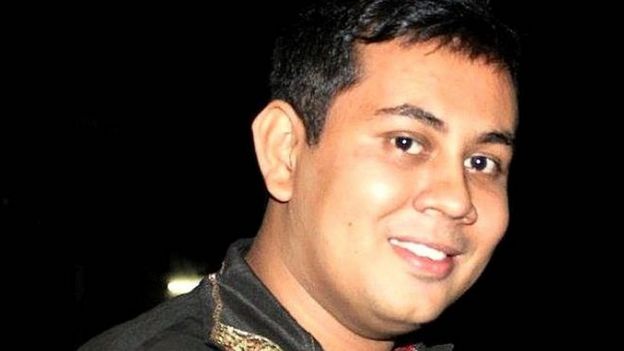
Other recent attacks have also sparked alarm in the secular, Muslim majority nation.
Last week, attackers attempted to slit the throat of a Christian pastor in Bangladesh’s northern region.
The police have arrested five members of a banned Islamist group, Jamaat-ul Mujahideen, for the attempted murder.
And the former Chairman of the Bangladesh Power Development Board, Muhammad Khizir Khan, was recently slaughtered at his home in Dhaka.
Mr Khan was a religious instructor in the Sufi strand of Islam – also known as a pir.
Two other pirs were murdered in their homes last year, and the assailants never found.
“Extremists even target people from their own religion who doesn’t share same views with them,” says political commentator Tareque Shamsur Rehman.
The different branches of Islam have traditionally co-existed in Bangladesh which is a predominantly Sunni Islam nation.
Although the victims of these attacks have very varied backgrounds – including foreigners and Bangladeshis, Muslims, a Christian, and atheist bloggers, police believe the attacks could be linked.
“The same group might be responsible for killing of bloggers and Islamic Pirs,” said a senior police source who did not want to be named as he was not authorised to talk to the media.
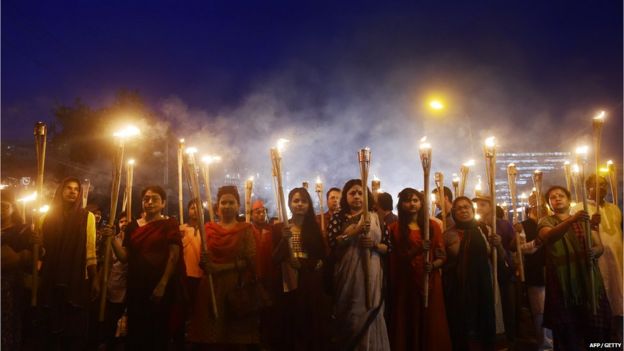
That group may also have orchestrated the attack on the Christian pastor, “because the pattern looks identical”, the source added.
Another police source suggested there could also be connections between the blogger and foreigner killings, although the killers may not be from the same group.
Police say a hardline Islamist group, Ansarullah Bangla Team, was involved in the blogger killings.
Some 10-12 people have been arrested for the four bloggers’ deaths but they are not all necessarily directly linked to the group.
What’s behind the rise in militant violence?
Details of those behind the spate of attacks is murky – but it is clear that militant groups are becoming increasingly active in Bangladesh.
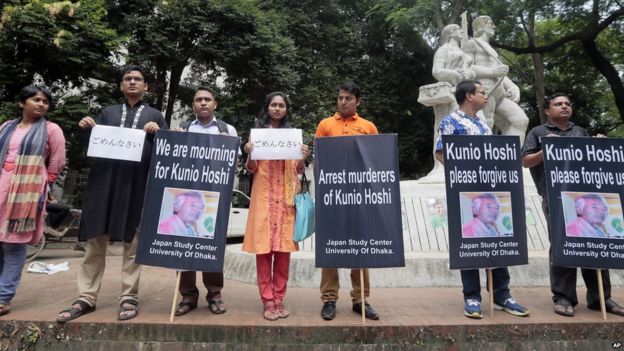
Nobody knows how many radical Islamist groups are operating in the country, but one security source estimates there are 10-15 groups in existence.
Over the past year, the police have arrested more than 100 people, suspected of being involved with different Islamist groups.
They have also arrested around 20 people, including a British citizen of Bangladeshi origin, who were allegedly trying to “establish contact with Islamic State”.
Mr Rehman believes that economic conditions are one factor motivating people to join extremist groups.
“Many people are living in poverty so it’s easy to attract people to extremism in the name of religion.”
However, Islamist militant groups are also reorganising to take advantage of political unrest in Bangladesh, Mr Rehman says.
“The government is spending more time cracking down on opposition activists rather than curbing militant activities.”
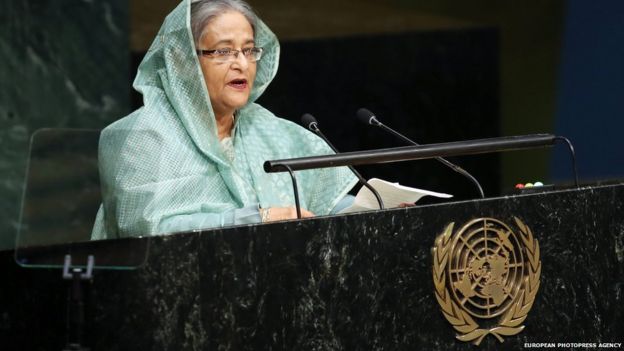
Some Western countries have reservations about Shekih Hasina’s government as the 2014 general election was boycotted by the main opposition alliance.
And for the first three months of the year, there was a blockade in many parts of the country as the opposition sought to put pressure on Sheikh Hasina to call elections.
More than 100 people died in the unrest that followed.
Former Brigadier General Shakhawat Hossain says that “Bangladesh should not ignore threat of militancy”.
However, “the country needs political stability to fight it,” he adds.
Source: BBC

